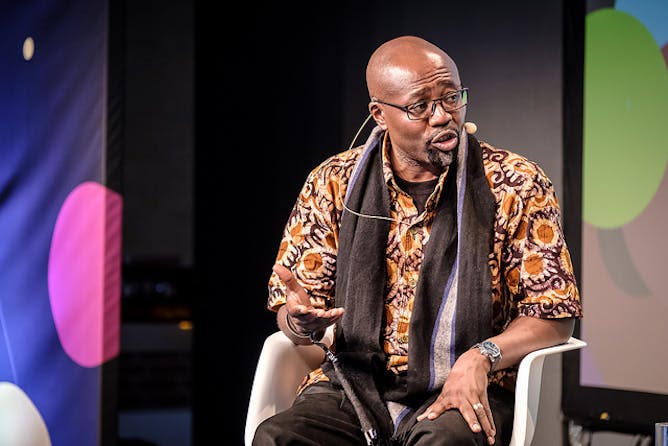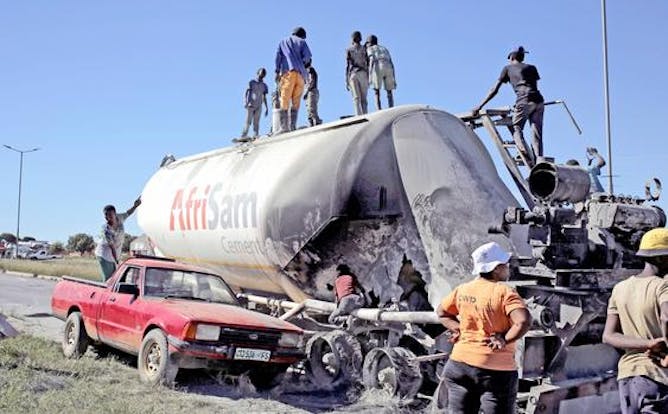|
East African artists – ranging from writers, to musicians, cartoonists and citizen journalists - are coming under increasing attack for taking a stand on social issues and using the internet to spread the word. George Gathigi explains how Kenya, Tanzania and Uganda are attempting to muzzle these voices in a bid to stifle dissent, and why the freedom of expression must be protected.
The Conversation Africa celebrates its third anniversary today. The news analysis website is a novel media model that has tapped into a largely ignored source of knowledge - academics working in African universities and research houses. After the exciting growth of the first two years, The Conversation Africa has extended its winning streak over the past 12 months. Our reach through republication has climbed to 1.8 million reads on average every month. And the number of media outlets taking advantage of our Creative Commons license has mushroomed to 234 with
90% of what we publish being republished every day. Thank you for your support and encouragement. We appreciate it enormously.
|

Cartoonist Godfrey Mwampembwa was fired from a leading Kenyan daily newspaper for his political views.
Andi Weiland/Flickr
George W. Gathigi, University of Nairobi
New forms of artistic expression are driving debates in East Africa that challenge sensitive subjects. But the backlash has been vicious.
|

A cement delivery truck was burnt by angry protesters against corruption and poor service delivery in South Africa.
INL/Bhekikaya Mabaso
Steven Gordon, Human Sciences Research Council; Narnia Bohler-Muller, University of Fort Hare
Corruption has become one of the biggest concerns for South Africans living in a province that has erupted in violence.
|
Arts + Culture
|
-
Adam de Paor-Evans, University of Central Lancashire
A greater synergy between academics and practitioners is needed to progress hip hop for it to be taken seriously as a core area for study.
|
|
Business + Economy
|
-
Brian Levy, University of Cape Town
The majority of South Africans are separated from the wealthy and formal-sector employed minority.
|
|
From our international editions
|
-
Thomas Kaiserfeld, Lund University
The long and turbulent history of the Nobel Prize for Literature continues.
-
Nick Kelly, Queensland University of Technology; Jeremy Kerr, Queensland University of Technology; Les Dawes, Queensland University of Technology; Natalie Wright, Queensland University of Technology
The recently released Gonski report contains a recommendation to supporting teacher collaboration. Researchers in Queensland have been conducting research on how design thinking can foster this.
-
Steve Georgakis, University of Sydney
An independent review has recommended steps to clean up the sport. Tennis authorities must now demonstrate they have the will to take action.
|
|